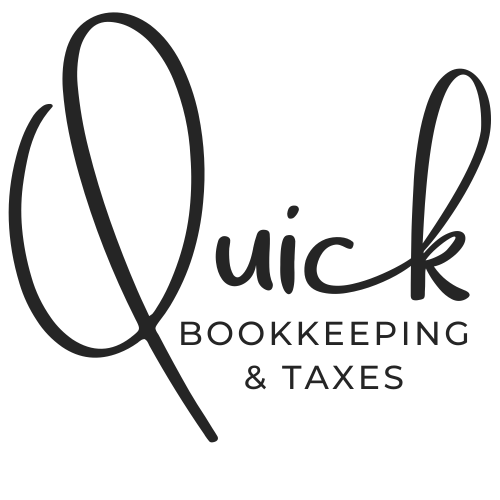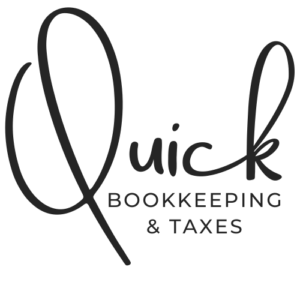Tax season might not be everyone’s favorite time of the year, but it represents a golden opportunity to boost the bottom line. Understanding and strategically utilizing available tax deductions can significantly reduce a business’s taxable income, translating to substantial savings.
Here are 5 tax deductions you NEED to know about for your business!
1.Ordinary and Necessary Business Expenses:
Businesses can maximize savings by identifying and claiming expenses deemed both ordinary and necessary. These are the day-to-day costs that keep operations running smoothly, encompassing expenditures such as rent, utilities, office supplies, and employee salaries.
This is made possible by diligent bookkeeping. Maintaining detailed and organized records ensures that every eligible expenditure is accounted for, leaving no potential tax deduction overlooked. Think of it as assembling the puzzle pieces of your business finances – each expense documented is a piece contributing to the complete picture of your eligible deductions.
For instance, when you record monthly rent payments, utility bills, and even employee salaries you pay to keep your team engaged, you’re not just managing your finances efficiently – you’re actively setting the stage for substantial tax savings. All of these things are tax deductibles!
2. Home office deduction:
To qualify for home office tax deduction, a specific area of the home must be used exclusively for business purposes, emphasizing both regular and exclusive use.
Eligible expenses cover a spectrum, including mortgage interest, property taxes, utilities, homeowners insurance, and depreciation on the business-used portion. The calculation is based on the percentage of the home dedicated to business, ensuring a fair representation of its use.
Recognizing the complexity of calculating expenses, the IRS introduced a Simplified Option. Instead of detailed calculations, you can claim a standard deduction of $5 per square foot of home used for business, up to 300 square feet.
3.Business Meals and Entertainment:
While recent changes have tempered meal and entertainment deductions, businesses can still claim 50% of qualifying meal expenses. To qualify for the business meals and entertainment deduction, businesses must adhere to specific eligibility criteria:
- Ordinary and Essential
- Prudent, Not Extravagant
- Presence of the business owner or an employee.
4. Vehicle Expenses & Mileage:
For businesses heavily dependent on vehicles for their daily operations, there exists an opportunity to leverage deductions encompassing a spectrum of expenses. This extends beyond mere fuel costs, you can even deduct cost of maintenance, insurance, and depreciation. The key to optimizing this deduction lies in the diligent maintenance of detailed mileage records .
You can do that by utilizing tracking apps, such as Zoho, Quickbooks Online, Rydoo. When keeping a mileage log, ensure clear documentation of the miles driven, along with details such as time, location, and the business purpose of each trip.
Remember to stay informed about the current mileage rate for deductions. As of 2024, it stands at $0.655 per business mile.
5. Depreciation:
When businesses acquire assets like furniture and equipment, depreciation rules dictate the gradual spreading of costs over the useful life of these assets instead of an immediate full deduction. While this approach ensures a measured financial impact, the IRS provides approved strategies to accelerate tax benefits. These strategies include:
-De Minimis Safe Harbor Election:
Overview: This election allows small businesses to immediately expense assets costing less than $2,500 per item in the year of purchase.
Benefits: It simplifies accounting and provides a faster tax benefit for smaller assets, streamlining the financial impact of such acquisitions.
-Section 179 Deduction:
Overview: Business owners can deduct up to $1,080,000 for property placed in service during the tax year, including new and used business property and off-the-shelf software.
Limitations: The deduction is capped at the business’s taxable income, preventing a net loss. Any unused deduction can be carried forward to the next year.
-Bonus Depreciation:
Overview: Businesses can take advantage of bonus depreciation to deduct 100% of the cost of qualifying items, such as machinery, equipment, computers, appliances, and furniture.
Benefits: This option provides an immediate and significant deduction, enhancing cash flow and encouraging investments in essential business assets.
If you have any more questions, book a consultation with us at www.qbtconsulting.com


